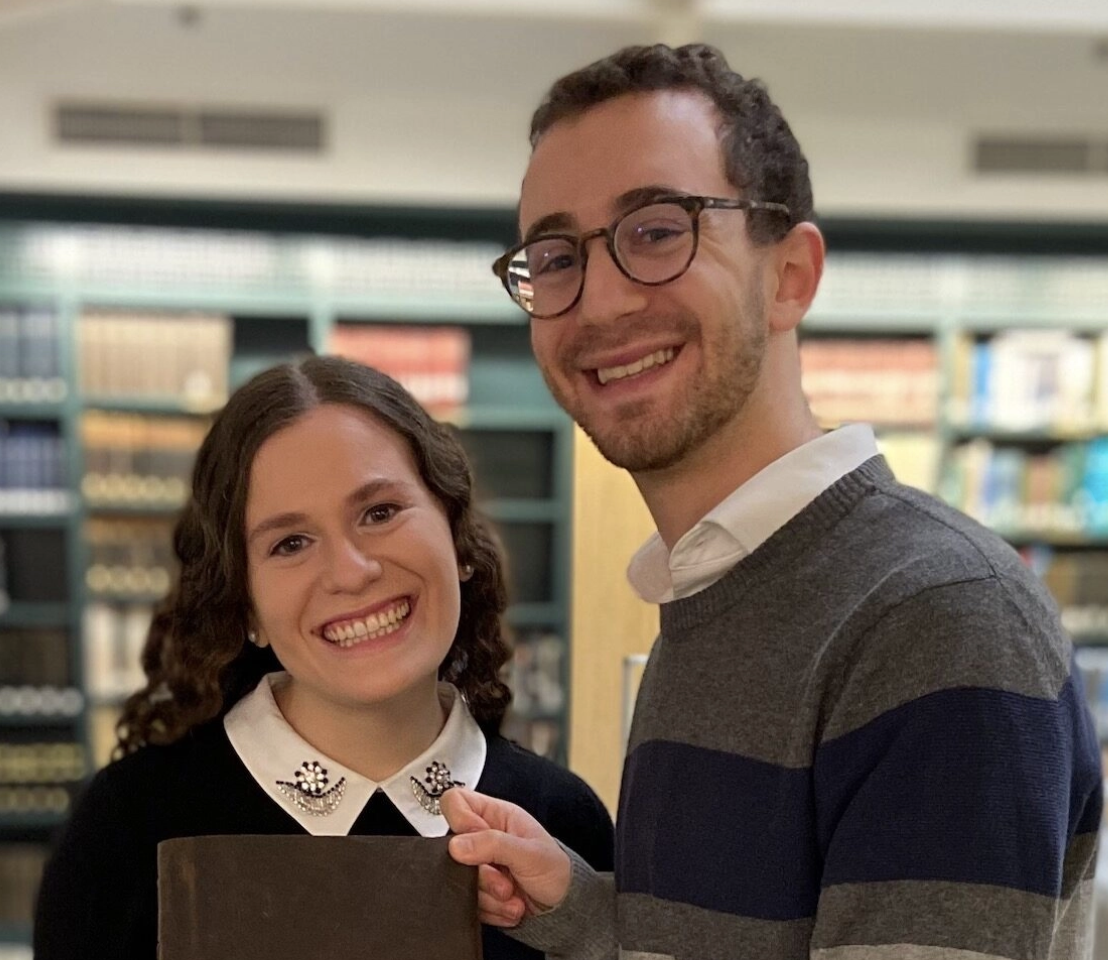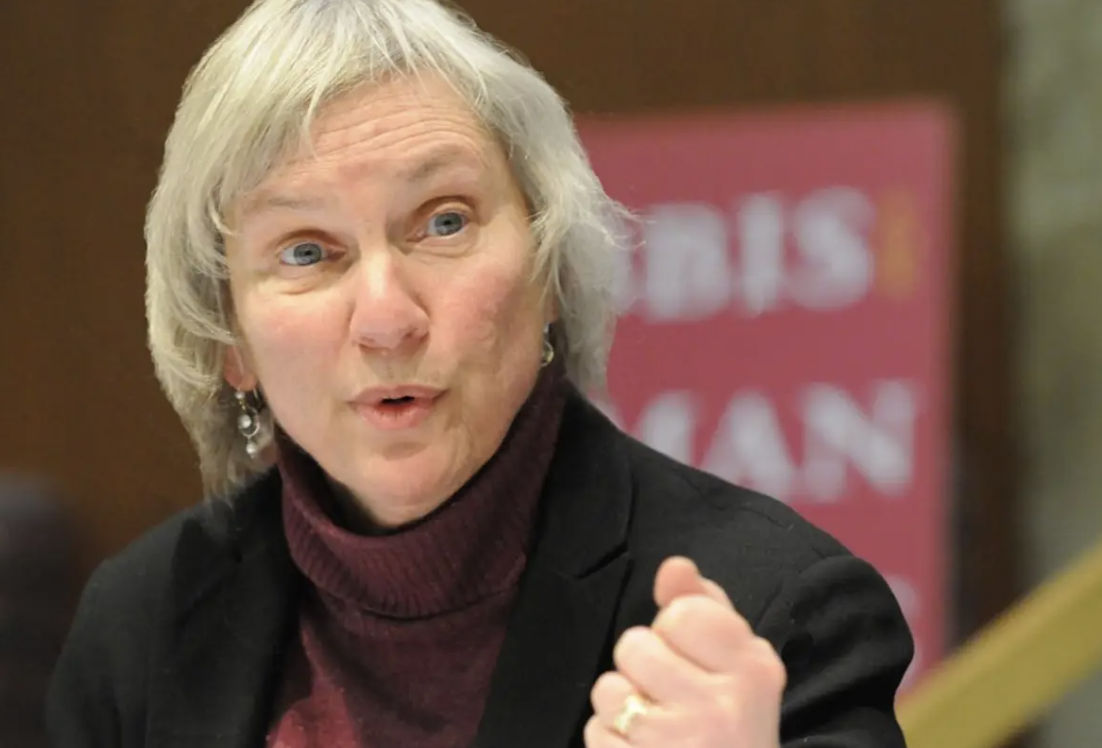On February 16, the Institute welcomed Israeli-Canadian author Ayelet Tsabari to speak about her latest book, The Art of Leaving. This searching collection opens with the death of Ayelet Tsabari’s father when she was just nine years old. His passing left her feeling rootless, devastated, and driven to question her complex identity as an Israeli of Yemeni descent in a country that suppressed and devalued her ancestors’ traditions.
In The Art of Leaving, Tsabari tells her story, from her early love of writing and words, to her rebellion during her mandatory service in the Israeli army. She travels from Israel to New York, Canada, Thailand, and India, falling in and out of love with countries, men and women, drugs and alcohol, running away from responsibilities and refusing to settle in one place. She recounts her first marriage, her struggle to define herself as a writer in a new language, her decision to become a mother, and finally her rediscovery and embrace of her family history—a history marked by generations of headstrong women who struggled to choose between their hearts and their homes. Eventually, she realizes that she must reconcile the memories of her father and the sadness of her past if she is ever going to come to terms with herself.
With fierce, emotional prose, Ayelet Tsabari crafts a beautiful meditation about the lengths we will travel to try to escape our grief, the universal search to find a place where we belong, and the sense of home we eventually find within ourselves.
Ayelet Tsabari was born in Israel to a large family of Yemeni descent. She is the author of the memoir in essays The Art of Leaving, winner of the Canadian Jewish Literary Award for memoir, finalist for the Writer’s Trust Hilary Weston Prize and The Vine Awards, and an Apple Books and Kirkus Review Best Book of 2019. Her first book, The Best Place on Earth, won the Sami Rohr Prize for Jewish Literature and the Edward Lewis Wallant Award, and was long listed to the Frank O’Connor International Short Story Award. The book was a New York Times Book Review Editors’ Choice, a Kirkus Review Best Book of 2016, and has been published internationally. She teaches creative writing at the University of Guelph Writing MFA and the University of King’s College MFA in Creative Nonfiction.






